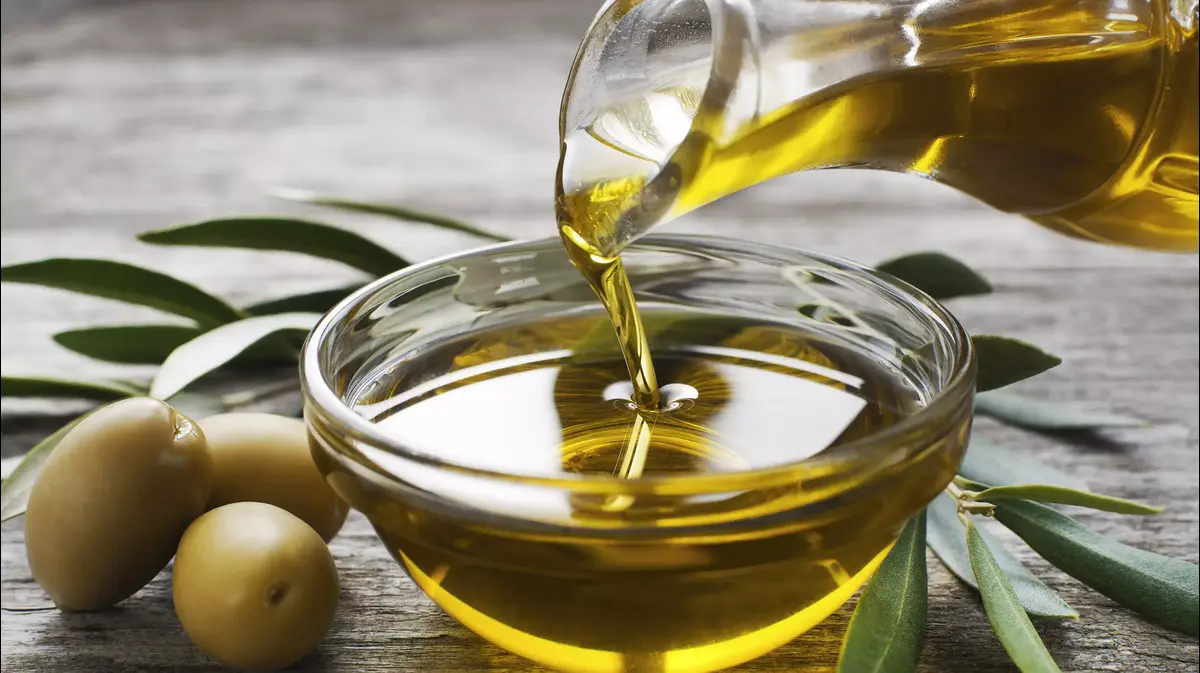Icon: enlarge
Girls at work on palm oil plantation in Indonesia (2017): Evidence of practices such as deception, psychological and sexual violence, intimidation and threats, and the withholding of identity documents
Photo: Binsar Bakkara / AP
The US has banned the import of palm oil from the world's largest producer FGV.
The US customs authority CBP announced on Wednesday that the import ban on the Malaysian company came after a year-long investigation revealed signs of forced labor and sexual violence on the plantations.
There are also indications that children may be used in the production of the palm oil, according to the authority.
The ban comes into force immediately.
Palm oil is used in numerous everyday products, from food to cosmetics to biodiesel.
For a long time, human rights groups have been accusing not only FGV but also other palm oil producers of violating human and labor rights.
In a statement, FGV was "disappointed" about the US import ban.
In the past few years, the group had taken "concrete steps" to respect these rights, the statement said.
"Using forced labor in making such a ubiquitous product enables companies to capitalize on abuse of vulnerable workers," said Brenda Smith of US Customs.
In particular, the investigation of the conditions on the plantations revealed indications of practices such as deception, psychological and sexual violence, intimidation and threats as well as the withholding of identification documents.
Indonesia and Malaysia are the two largest producers of palm oil.
Most of the workers on the Malaysian oil palm plantations are migrants from countries such as Indonesia, India and Bangladesh.
Their share of the 337,000 migrants on the plantations is put at 84 percent of all workers there.
Industry is also blamed for the deforestation of rainforests and the destruction of natural habitats.
Icon: enlarge
Workers on palm oil plantation in Malaysia
Photo: LIM HUEY TENG / REUTERS
Smith said the CBP had received allegations related to the broader palm oil industry and urged the US corporations it served to review their suppliers' labor practices.
"I can't be more specific at this point, but I would suggest that US importers who do business with palm oil producers take a look at their supply chain and ask lots of questions about labor practices," said Smith.
Specifically, Smith named the US consumer goods company Procter & Gamble, which has a joint venture with FGV.
Procter & Gamble should take the ban "seriously," Smith said.
The starting point of the investigation by the customs authorities were appeals from human rights groups last year.
These had made public reports of forced labor and human trafficking on the FGV plantations.
In June of this year, FGV announced that it had asked the human rights groups for more information, that it would investigate the allegations thoroughly and that any violations would be quickly put to an end.
Icon: The mirror
fdi / Reuters / AP







